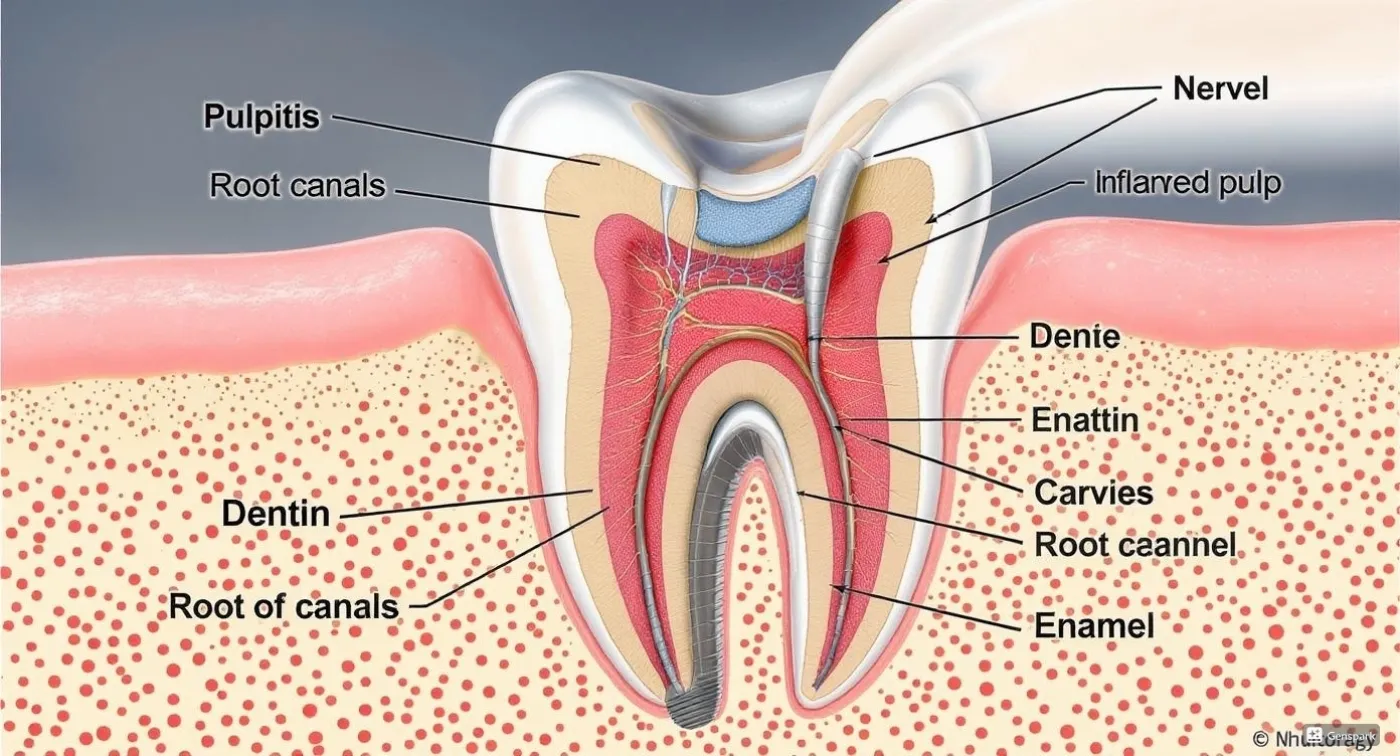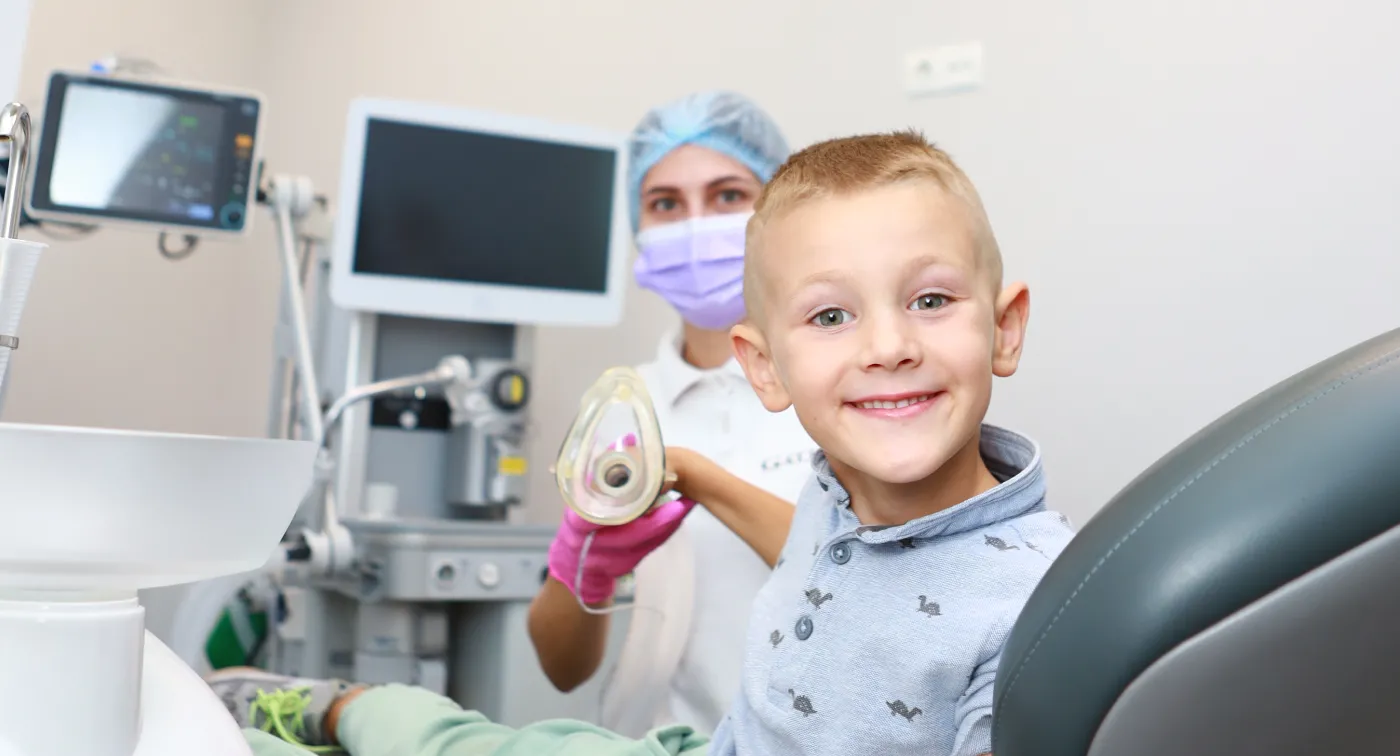Healthy gums are the key to a beautiful smile and overall oral health. Gum problems can lead to serious diseases such as gingivitis and periodontitis, which affect not only the teeth but also overall health.
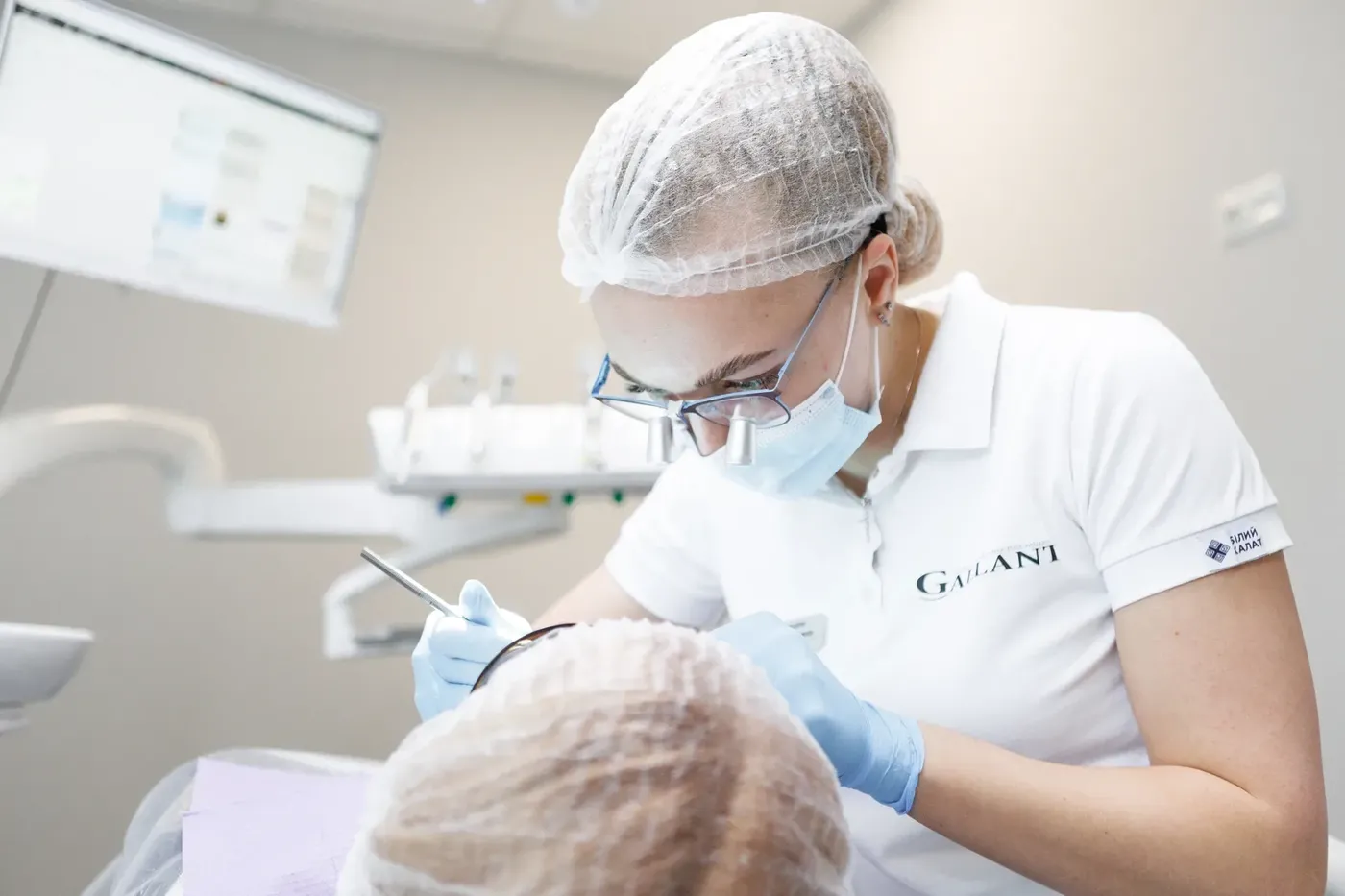
How to Maintain Healthy Gums: Doctor’s Advice
Regular Oral Hygiene
Brush your teeth twice a day
Use a soft toothbrush and fluoride toothpaste. Brush for two minutes, paying attention not only to your teeth but also to your gums.
Use dental floss
Dental floss helps remove food particles and plaque from between the teeth where the toothbrush can’t reach.
Rinse your mouth after meals
Using a mouthwash helps reduce bacteria and freshen your breath.
Proper Nutrition
Balanced diet
Eat foods rich in vitamins and minerals, such as fruits, vegetables, fish, and nuts. Vitamins C and D, as well as calcium, are especially important.
Avoid sweets and soda
Excessive sugar intake contributes to the development of cavities and gum disease.
Regular Dental Visits
Preventive check-ups
Visit your dentist at least twice a year for preventive exams and professional teeth cleaning. This helps detect and address gum problems early.
Professional hygiene
Professional cleaning removes tartar and plaque, promoting healthy gums.
Healthy Habits
Quit smoking
Smoking negatively affects gum health and contributes to periodontitis.
Avoid stress
Stress impacts overall health, including oral health. Find ways to relax and reduce stress levels.
Additional Measures
Gum massage
Gentle massage of the gums with fingers or a special brush helps improve blood circulation and strengthen gums.
Use special care products
Use antiseptic rinses and gels for gum care, especially if you are prone to gum disease.
When to See a Dentist
If you notice symptoms such as bleeding gums, swelling, redness, bad breath, or loose teeth, consult your dentist immediately. Early diagnosis and treatment help prevent serious complications.
Request a call
We will contact you to schedule a convenient time for your consultation and connect you with the right specialist
More articles
We have gathered all the most interesting posts from our specialist doctors in our blog just for you
Dental Treatment During Pregnancy: Myths and Facts
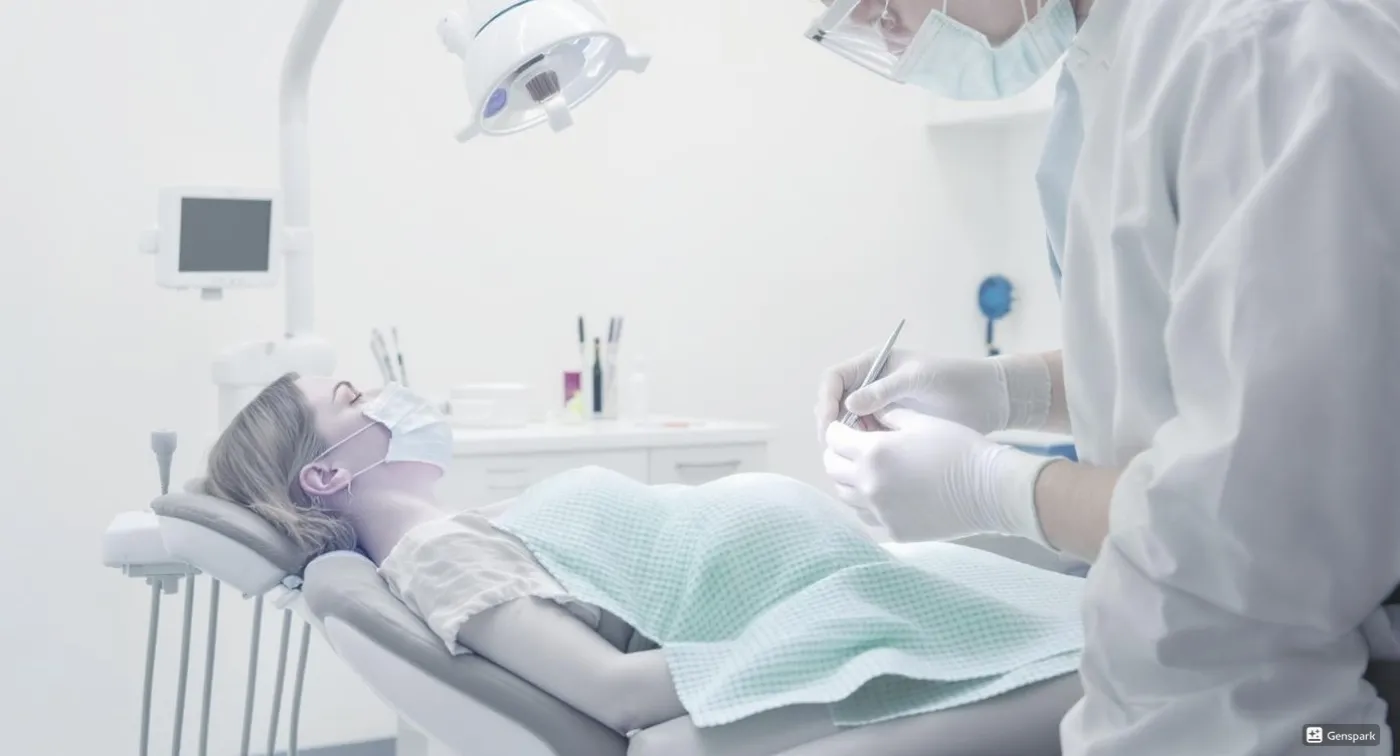
Bruxism (Teeth Grinding) and How to Get Rid of It Forever
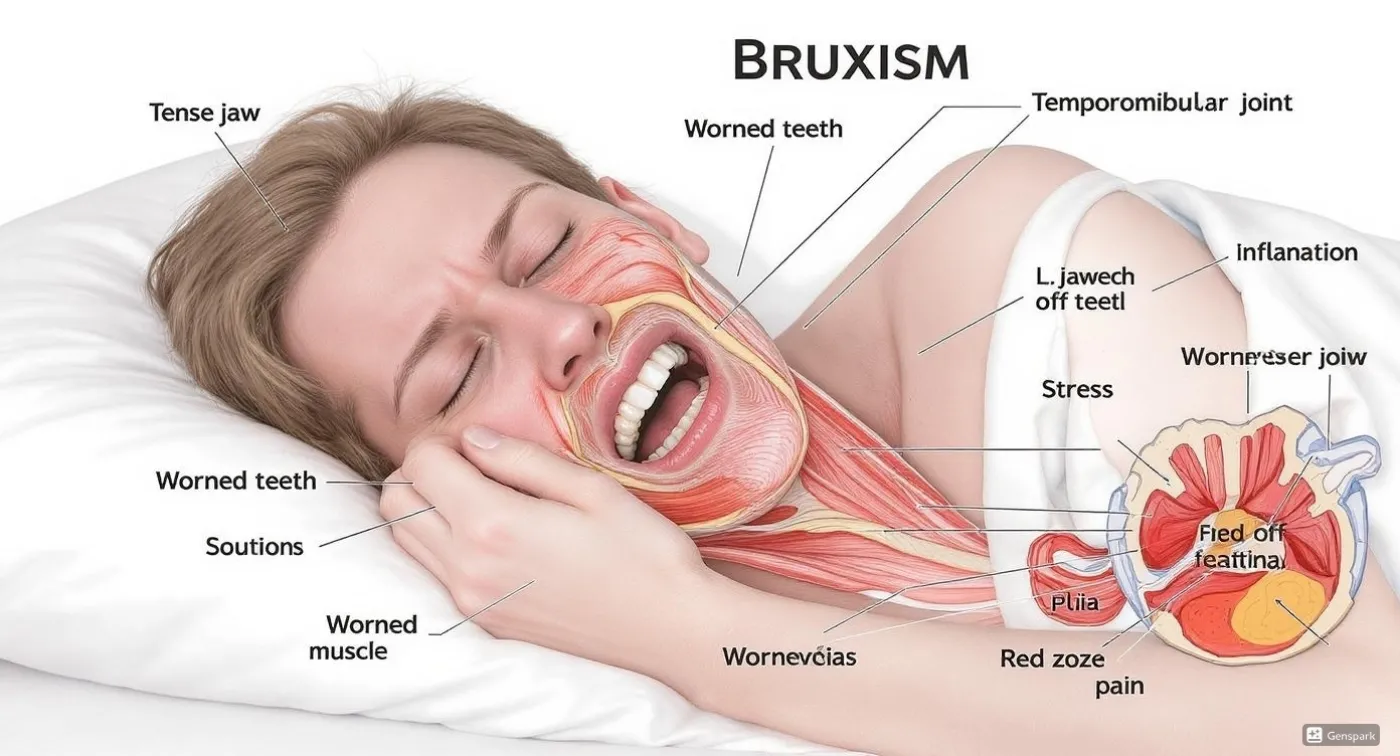

Request a call
We’ll get back to you shortly!

Leave a Review
Your feedback means a lot to us!



